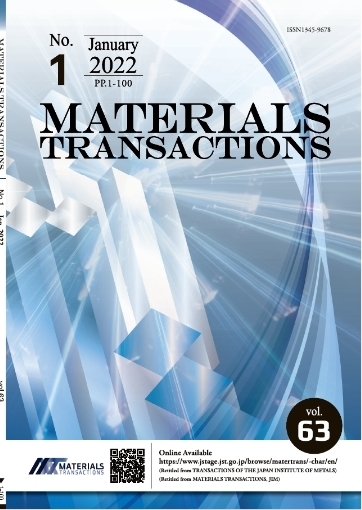Hydrothermal Synthesis, Structure and Photocatalytic Properties of La/Bi Co-Doped NaTaO3
Nguyen Thi Lan, Le Gia Phan, Luc Huy Hoang, Bui Doan Huan, Le Van Hong, Trinh Xuan Anh, Huynh Dang Chinh
pp. 1-4
Abstract
La/Bi co-doped NaTaO3 nanomaterials for photocatalytic applications have been successfully synthesized by hydrothermal method at low temperature. The obtained materials were characterized by X-ray diffraction (XRD), scanning electron microscopy (SEM), energy dispersive spectroscopy (EDS) and UV-Vis molecular absorption spectroscopy. The results showed that the particle sizes of La/Bi co-doped NaTaO3 were smaller than that of the pure NaTaO3. La/Bi co-doping has extended optical absorption in the visible light region and then successfully increased photocatalytic activity of the La/Bi-codoped NaTaO3 that were evaluated by degradation of methylene blue (MB).










